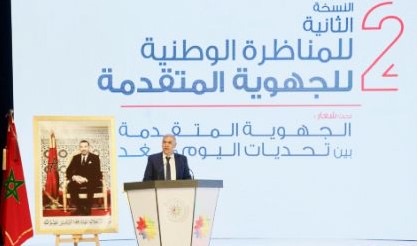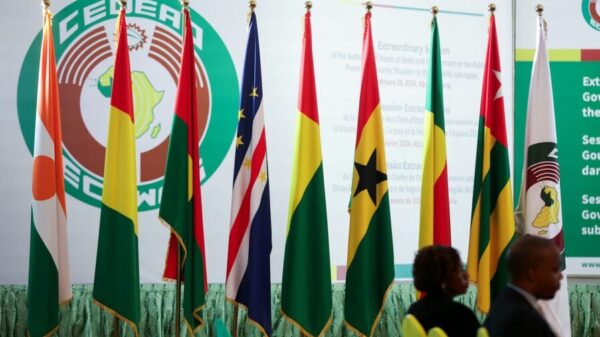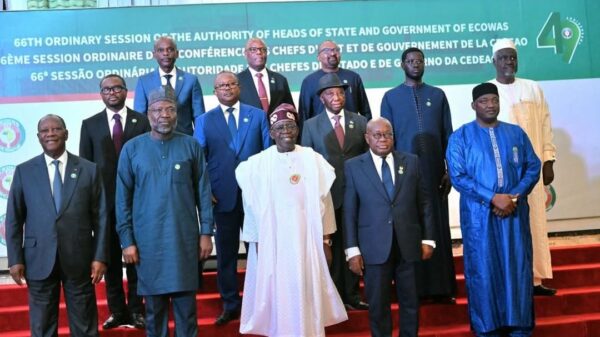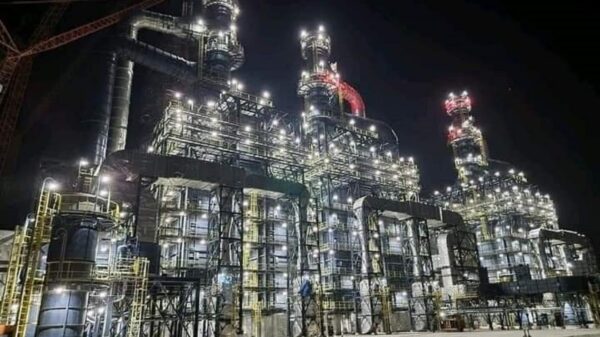Togo, a French-speaking West African country has postponed legislative elections initially scheduled for April 20.
The elections have been shifted to a later, unspecified date.
This decision comes after the National Assembly approved a contentious constitutional reform.
The reform ignited opposition claims of an attempt to extend President Faure Gnassingbe’s tenure.
In a statement released by the presidency, the need for “consultations” was cited as the reason for the delay, following the amendment in March that sparked fears among opposition factions regarding President Gnassingbe’s prolonged hold on power.
Gnassingbe took office in 2005, succeeding his father, who had led the country since a coup 50 years prior.
His reign has been characterized by-election victories disputed by the opposition over alleged irregularities.
The recent constitutional reform, which aimed to transition Togo from a presidential to a parliamentary system—thereby empowering the assembly to elect the president for a single six-year term—has further fueled concerns over Gnassingbe’s potential indefinite rule.
The clarity on whether this term could be renewed remains uncertain, adding to the opposition’s apprehensions.























